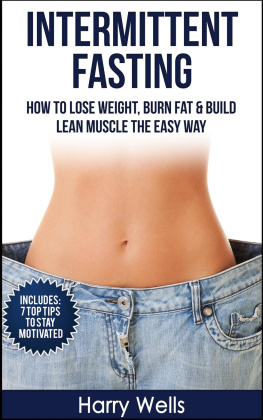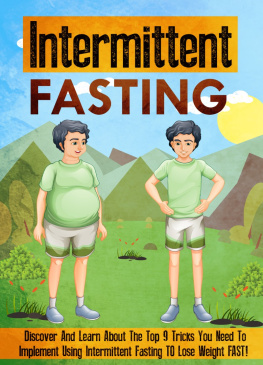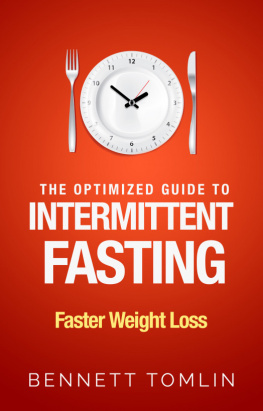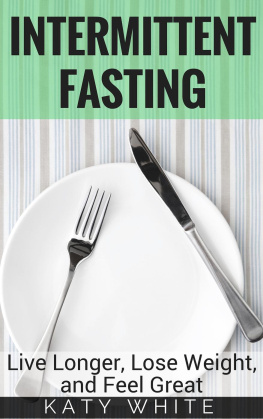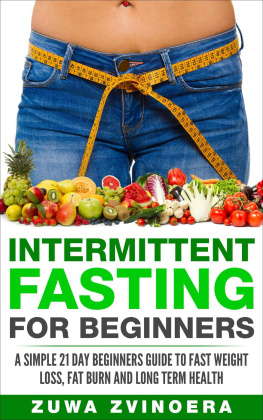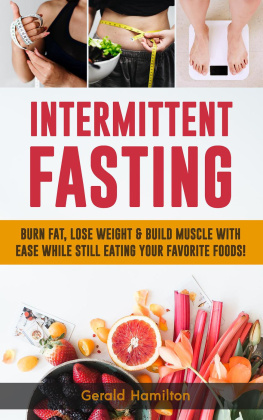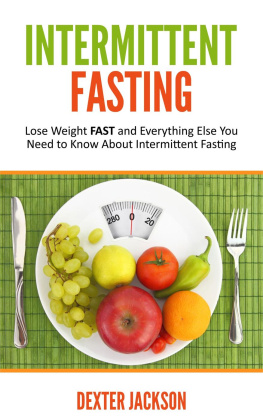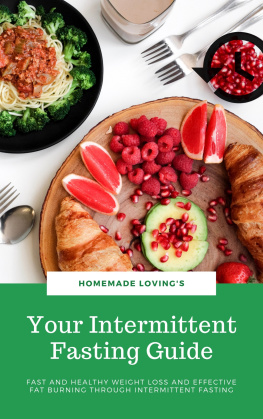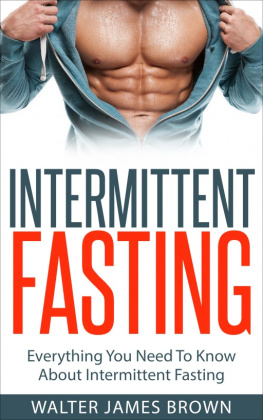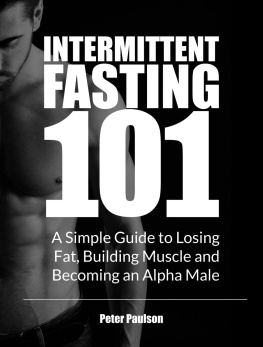How to Lose Weight, Burn Fat & Build Lean Muscle the Easy Way.
Copyright 2017 All rights reserved.
This document is geared towards providing exact and reliable information in regards to the topic and issue covered. The publication is sold with the idea that the publisher is not required to render accounting, officially permitted, or otherwise, qualified services. If advice is necessary, legal or professional, a practiced individual in the profession should be ordered.
- From a Declaration of Principles which was accepted and approved equally by a Committee of the American Bar Association and a Committee of Publishers and Associations.
In no way is it legal to reproduce, duplicate, or transmit any part of this document in either electronic means or in printed format. Recording of this publication is strictly prohibited and any storage of this document is not allowed unless with written permission from the publisher. All rights reserved.
The information provided herein is stated to be truthful and consistent, in that any liability, in terms of inattention or otherwise, by any usage or abuse of any policies, processes, or directions contained within is the solitary and utter responsibility of the recipient reader. Under no circumstances will any legal responsibility or blame be held against the publisher for any reparation, damages, or monetary loss due to the information herein, either directly or indirectly.
Respective authors own all copyrights not held by the publisher.
The information herein is offered for informational purposes solely, and is universal as so. The presentation of the information is without contract or any type of guarantee assurance.
The trademarks that are used are without any consent, and the publication of the trademark is without permission or backing by the trademark owner. All trademarks and brands within this book are for clarifying purposes only and are the owned by the owners themselves, not affiliated with this document.
Table of Contents
I ntermittent fasting is gaining popularity as a method to lose weight and feel healthier. Fasting is something that has long been done by humans, either because food was not readily available, or for religious reasons. Many people consider periods of fasting to be more natural than eating 3-4 meals per day, every day. The human body is designed to function without eating for much greater periods of time.
The main concept of intermittent fasting is combining periods of not eating with periods of eating.
It has been suggested that intermittent fasting may be more effective for men than women. But in studies on both have seen positive results. Yet, people prone to eating disorders should probably not try fasting without first finding an alternative method of dieting.
Most people would be initially concerned about how they will feel when they start intermittent fasting. You may worry that you will be a grouch in the morning if you skip your breakfast, for instance. The truth is: you might be, at least at first. The idea that people have to eat every 3 hours or so is a mental thing. You may have to retrain your mind so it understands the body does not need food so often to survive.
Think about fasting as a method of cleansing your body. Your body scavenges your body for free radicals and damaged cells during these periods and recycles them to conserve energy.
Chapter 1: What Is Fasting?
F asting is the voluntary act of avoiding food, either partially or completely, for a pre-determined amount of time, often for religious purposes. In particular, Christianity and Islam are two of the most ardent proponents of fasting as their members believe that by depriving the body of food for some fixed period of time; they feed their spirits, atone for their sins, gain the favor of God or atone for their sins. Muslims practice fasting more, most notably during the celebration of Ramadan. Many Christians also fast not as a requirement but as a choice, the examples being set by Jesus Christ and many biblical personalities. Such fasting can range from simply not consuming certain food objects (such as the common abstaining from meat demonstrated by Catholics observing Lent) to complete restraint from consuming any food or beverages outside of water at all (usually done by the devout as a deeply personal choice).
Spiritual Strength
It is believed that fasting makes one stronger in the spirit. The primary basis for this is the principle of the flesh vs. the spirit, i.e., the more you indulge the flesh, the weaker your spirit becomes. Its this tug-of-war between the two that gives fasting its spiritual importance.
From a secular perspective, particularly a psychological one, this belief is still valid to a great extent. Why? The principle of delayed gratification. Fasting is one of the best ways to exercise delayed gratification and instill self-discipline. A strong spirit is generally a strong mind and by fasting, you train your mind to hold off on that, which is very, very hard to resist: a deliciously legitimate need called food. And since the mind is like a muscle, fasting on a regular basis is very good mental exercise. Exercising your mind is as important as exercising your body, and will instill in you the discipline and self-control needed to reach your personal fitness goals. Plus, that food tastes so much better after you've waited for it.
Benefits of Fasting
You may ask how is purposefully allowing yourself to be hungry for extended periods of time beneficial to your health and well-being? Isnt it bad to let yourself be hungry for long periods of time? I mean thats why we have to eat, right?
Next page
